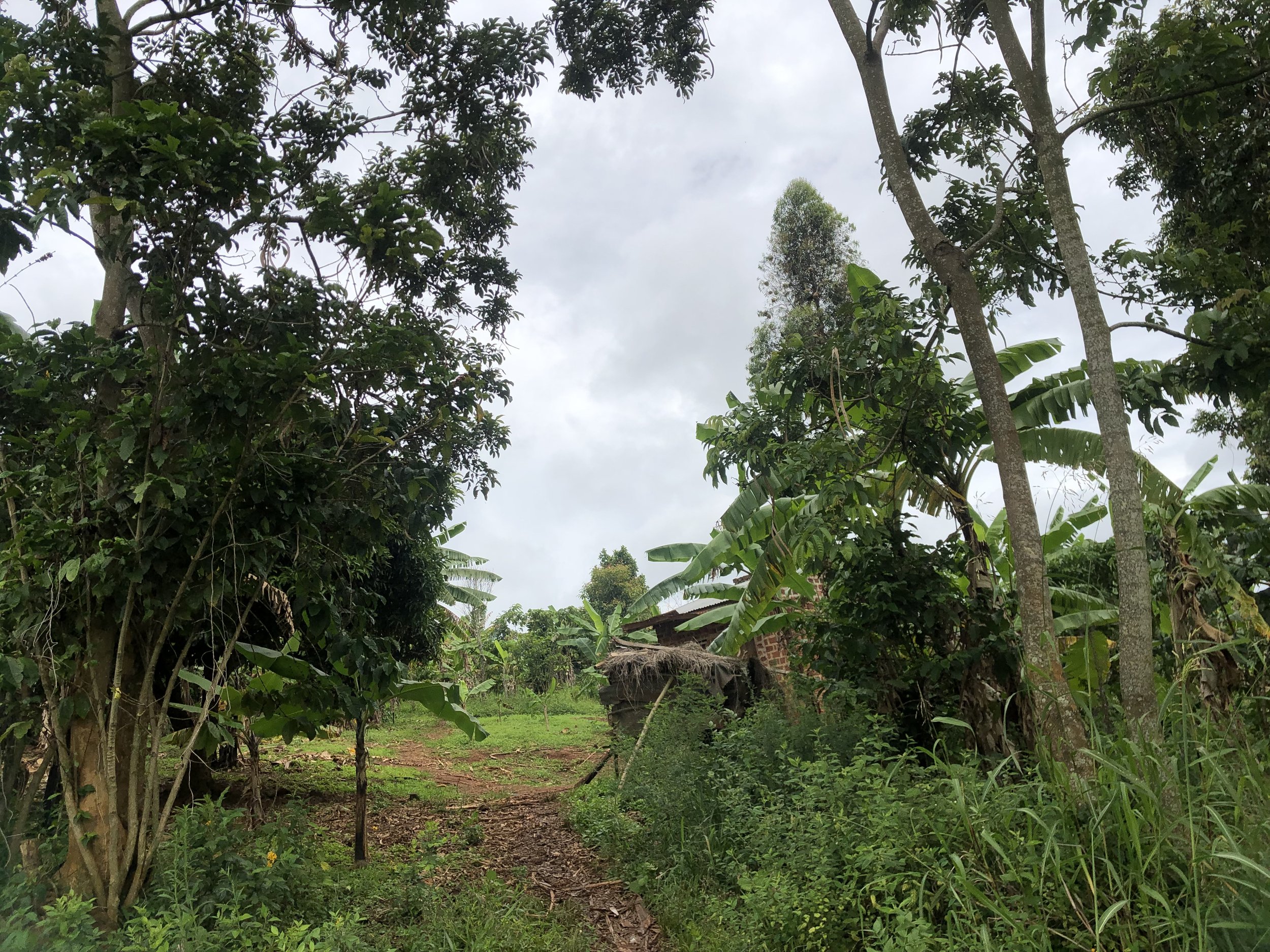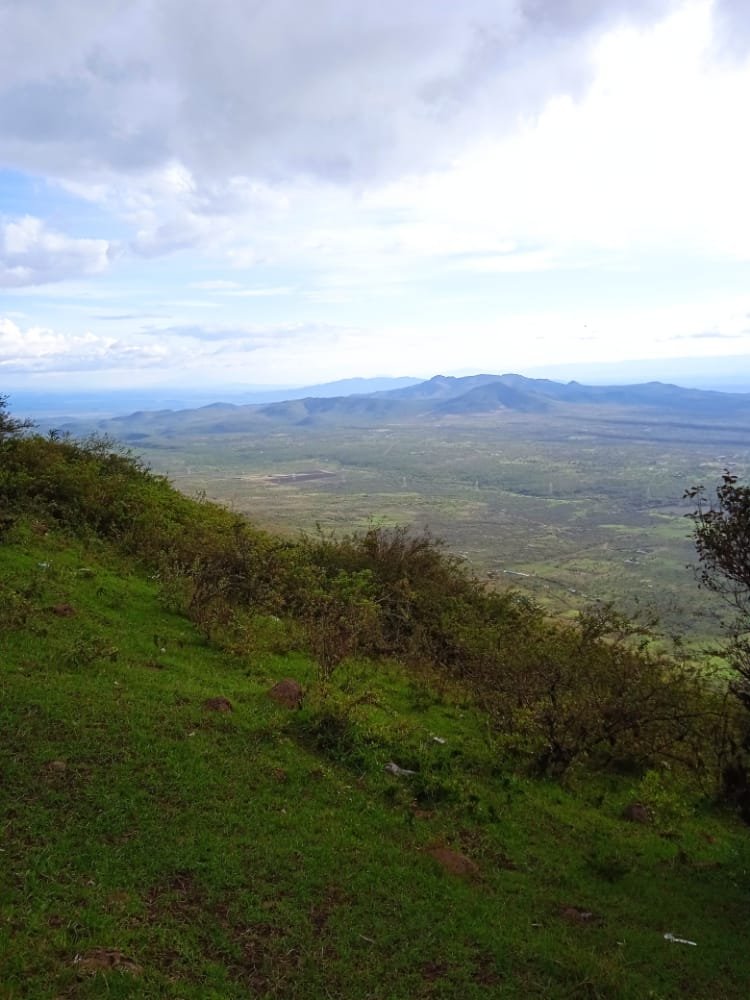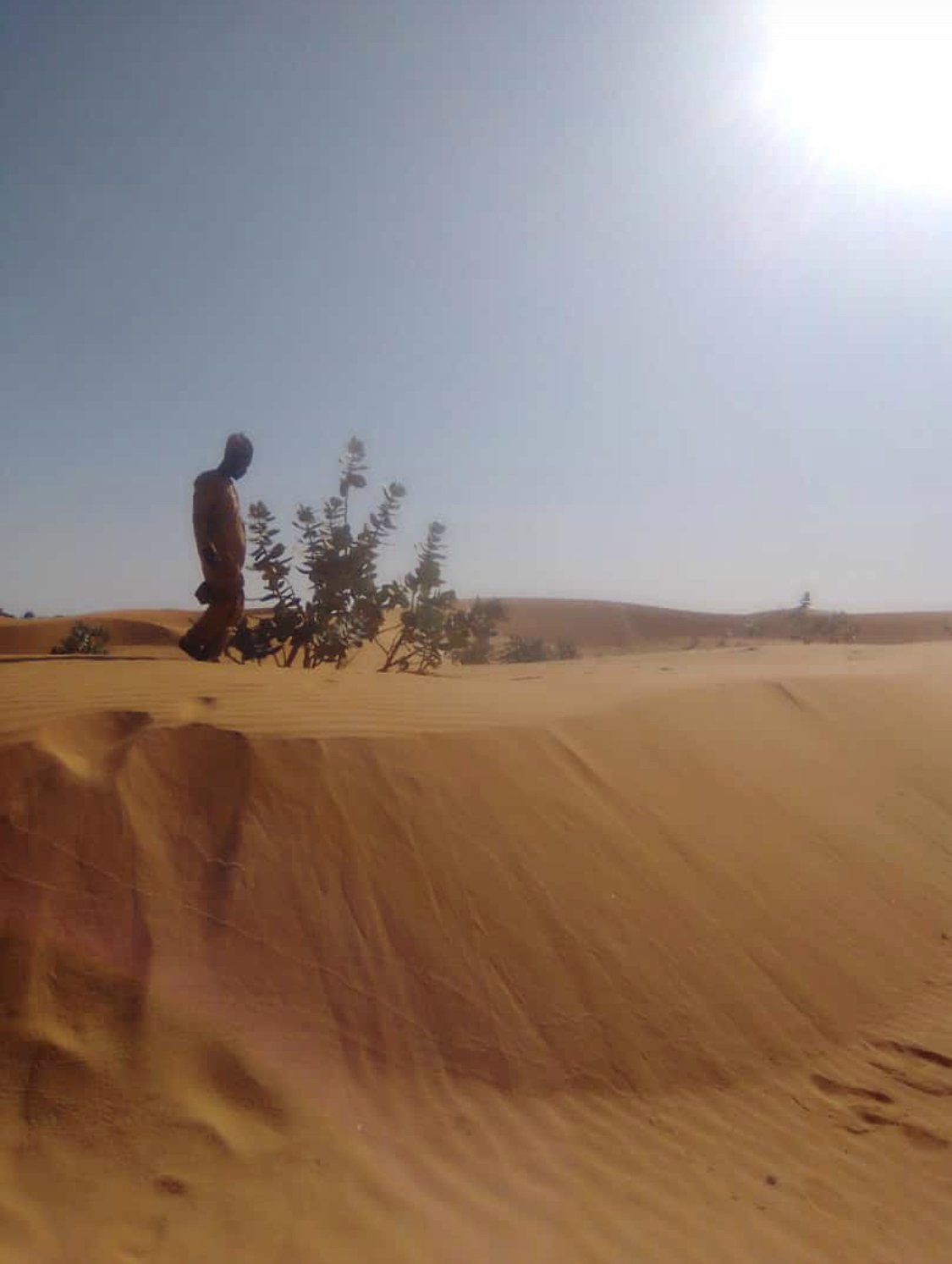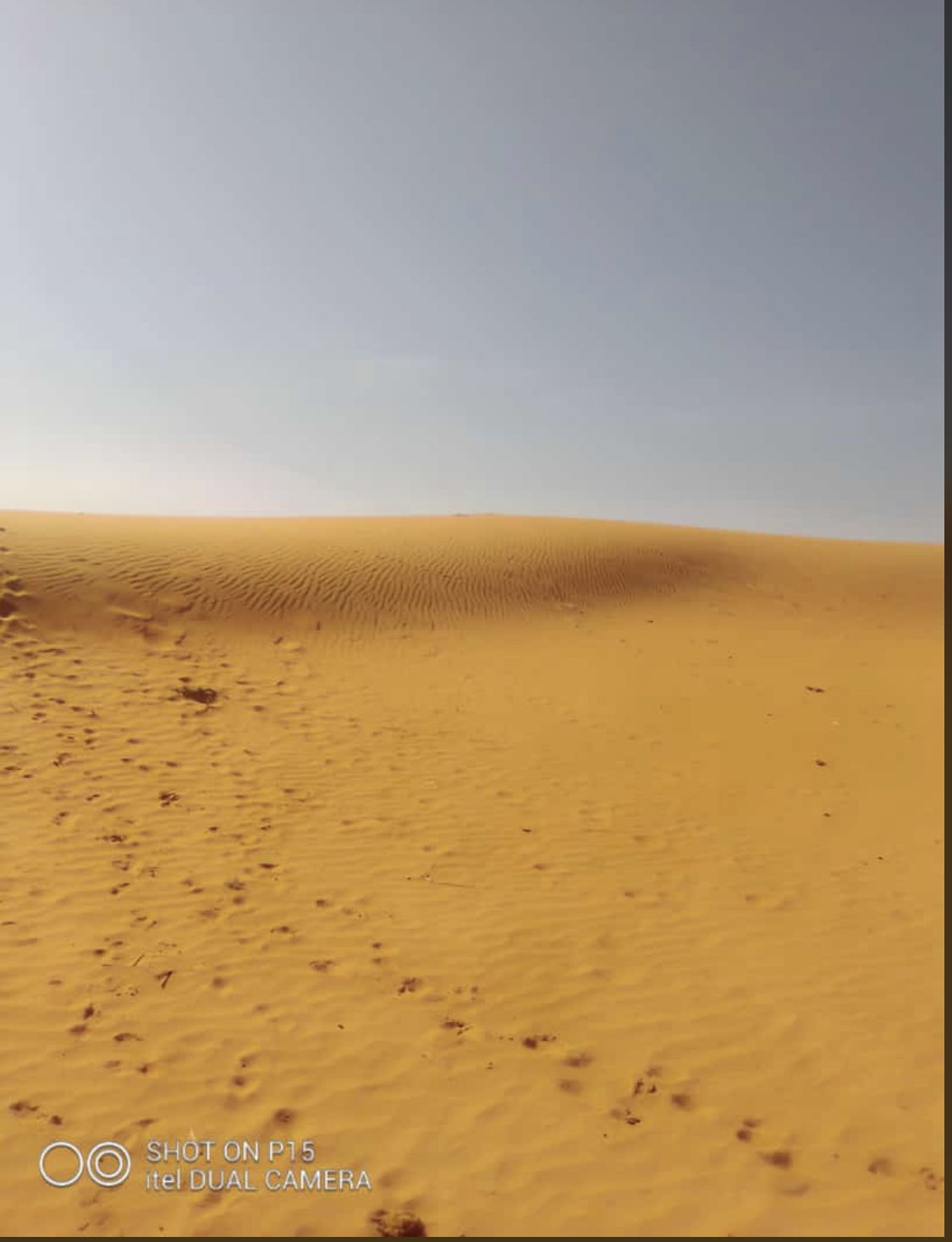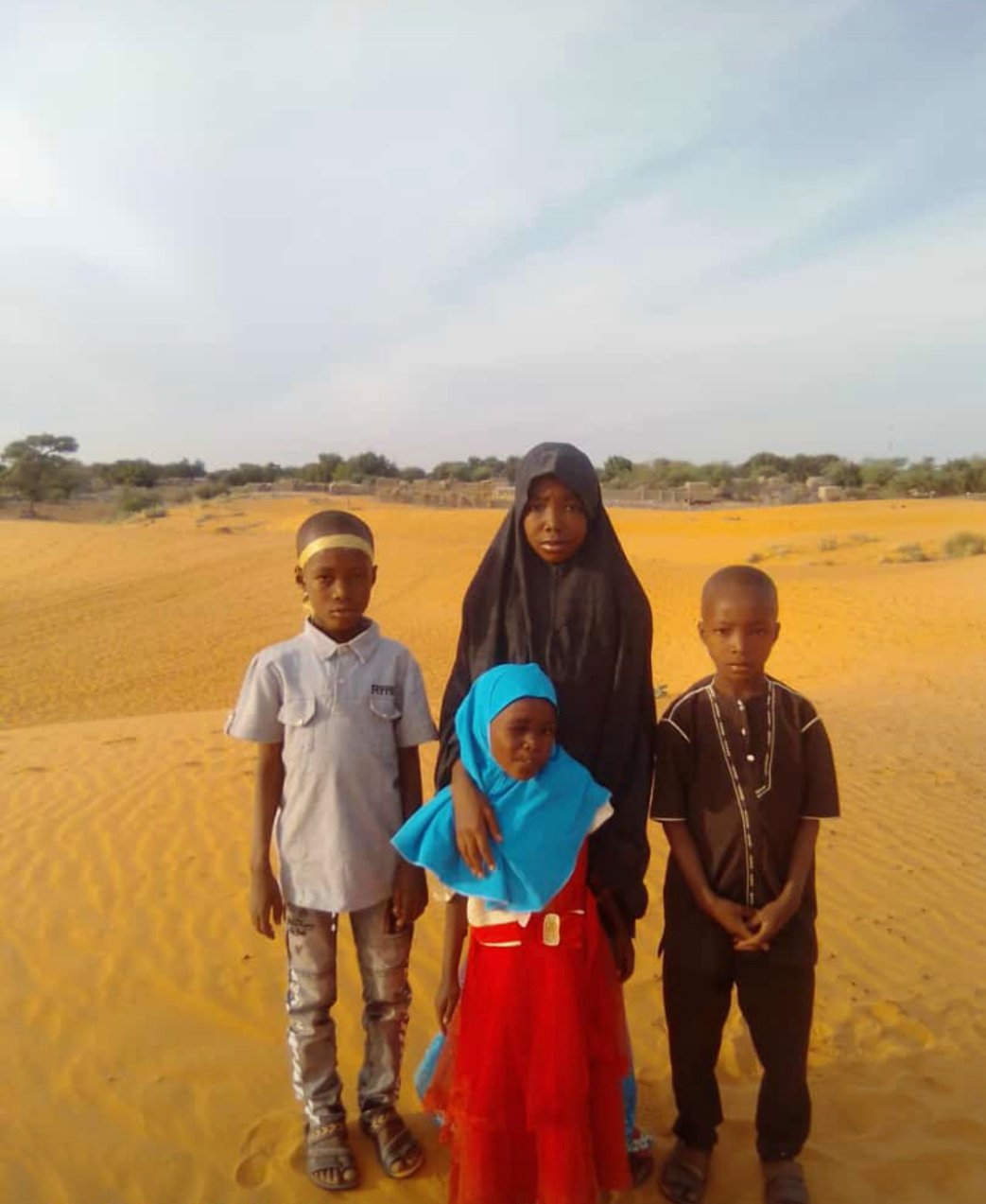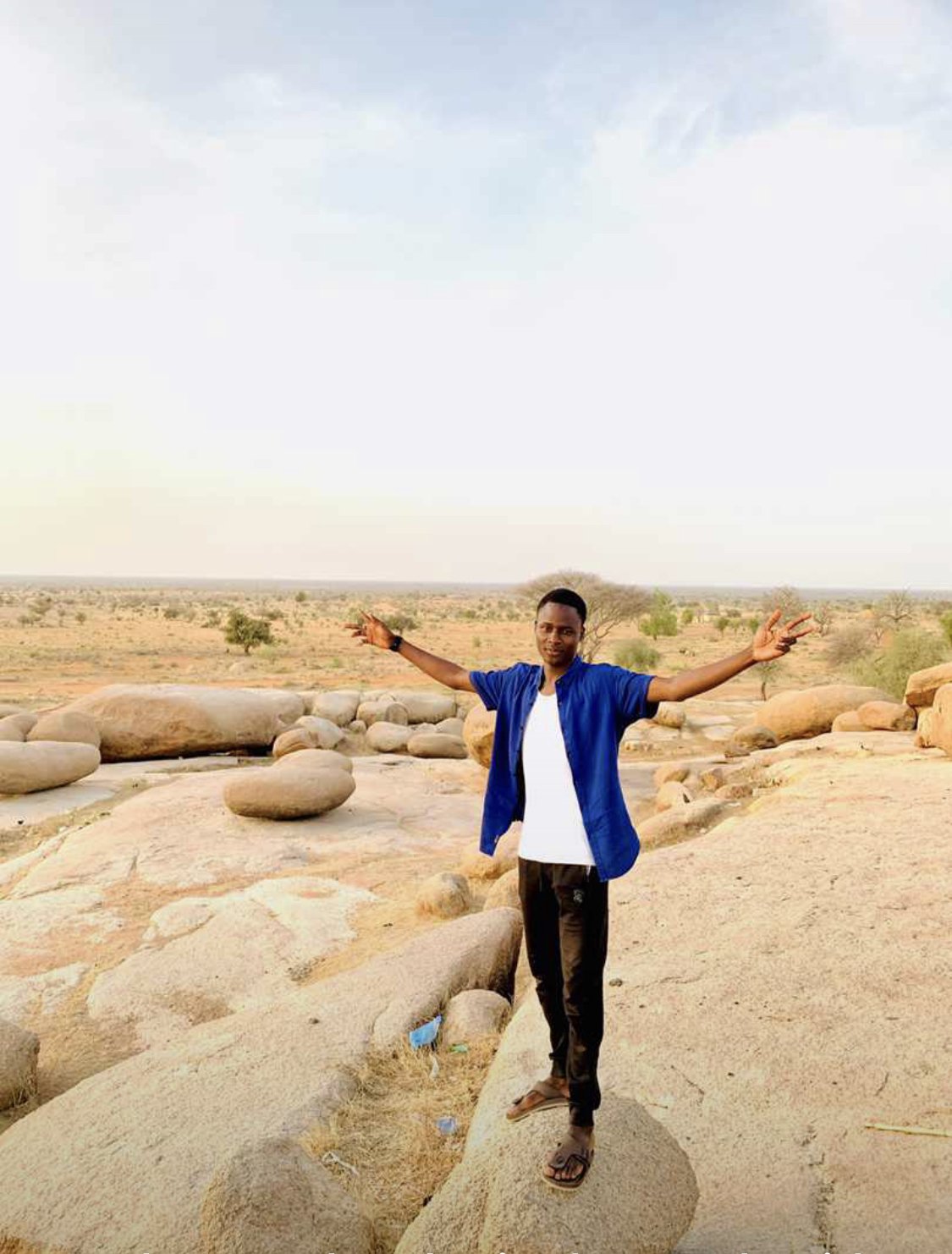From Korea’s World Forestry Congress to Abidjan’s United Nations Convention to Combat Desertification, we continue to see how important it is to safeguard our landscapes, forests, and ecosystems. And with our #PhotoChallenge, we share our inspiring photo content from across Afrika. Photos to show what is happening on the ground, photos of hope, but also photos for a call-to-action from all of us. Afrika is our business, and our business is to make sure we co-create solutions that we can bequeath a better world to future generations.
While at it, join us as we travel the beautiful region that Afrika is, with amazing content from our Afrikan Global Ambassadors. And oh, we have a special guest feature sharing a warm poetry piece.
Odhiambo Ronald, Kenya
The greens have bowed to heat of ruthless reds
and twigs have raised their arms to plead for life
When feet are rooted deep and danger spreads
they stand no chance to get out of their strife
The winds are blowing harsh to bend the barks
and flames are roaring like lions of wrath
From one to all, the leaves are catching sparks
and helpless lives are on their deadly path
So what if wild and mild are burnt alive?
The Gods of fire have quench'd their mighty thirst
by dancing through the woods, they now arrive...
In shades of rage, the weak and meek will burst
The ashes smoke the tales of dreams in air
In claws of nature, all is fine and fair
Poem by Phoenix
Photos of Menengai Forest fires. Nature in distress.
Photo credits: Eddy Nandi
Aiita Joshua, Uganda
Every human, like the diversity of flora and fauna, has a sense of identity to its surroundings- adapting to the modes of life and natural conditions within their diverse and uniquely endowed ecosystems.
In moments of high pressure on the Earth's natural systems, local communities are the only last of stakeholders living within close proximity to these nature resource banks- while deriving their livelihoods from them. From the dense and highly populated cities and major towns, a sigh of relief may only be felt by the serenity of the green spaces within the local community set-up. By this, it may be thought that local communities are more practical at sustainability concepts than has always been associated with them as rather destroyers.
It is thus no doubt that these communities connect more with the nature around them, have a greater understanding of 'their nature' and know what's best for it!
Over the past centuries, local community perspectives have been left out in endeavours that target conservation of 'their own' landscapes- rather pinning them as destroyers and accelerating the loss following the reigns of colonialism. A conservation narrative that puts communities central to conservation is paramount for an inclusive and just conservation agenda.
Images from Katosi community in Uganda (a homestead, a hilltop view of the landscape, roadside views of the community).
Peter Bulimo, Kenya
Picture of an escarpment along the rift Valley, from a viewpoint
The world, a beautiful place, ain't it? If undisturbed, the serenity, the quiet, the peace- so fulfilling. Yet, what does humanity do? The absolute inverse, Yes. Take a moment to reflect. We are not even out of the covid-19 pandemic, yet, already, we are deep in the middle of a brewing world war. Did you know that in 2021 alone, right in the middle of the pandemic we had about 10, 000 tonnes worth of oil spills, one of the greatest environmental disasters recorded in recent history. And yet, hasn't the Covid-19, and the current Ukrainian crisis exposed just how double-standard the world is when it comes to addressing global crises. In all this mess, hasn't the environment always been the punching bag, yet consistently showering us with the ecosystem services we so much require?
And true, nature is so resilient, but in Wangari Maathai's own words, so is it unforgiving! There is a very short window remaining for us to act before nature retaliates. Let's think about it!!
Ibrahim Inusa, Nigeria
"Climate and nature crises have resulted in the loss of hundreds of thousands hectares of land to desertification in my locality, situated in the North Western Lakechad region in the Eastern Sahel region of NIGERIA in West Africa. The region is characterised by a typical semi-arid environment. Here we solely depend on an annual rain water which is disappearing to farm, domestic use and our animals for our survival and our sustainability. But now that the ecosystem is under threat of planetary crisis, we suffer a lot from the negative impacts of these changes, such as shortage of rainfall which is drastically reducing annually leading to low yield from our farmlands, therefore affecting food security - leaving us with little to no food at the end of the season. The resulting effect is severe malnutrition among our younger ones and children. Livelihoods get harder and harder on this land, warranting forced migration of its indigeneous people.
In the context of my country Nigeria, the climate crisis has been a life threatening disaster. For a decade now, it has been a major driver of religious, tribal, farmer-herder conflicts, and devastating flooding across Nigeria leaving the most vulnerable communities dying, homeless and in hunger." We are #TheOrphansOfTheSahel on our only #PreciousPlanet.
Guest feature:
A poem submitted by Meshack Ogweno - Environmentalist & Poet, Kenya
Meshack uses poetry to preach the environmental message, let us get creative with his words below:
Our oceans need you,
So are our seas too,
They provide more than just seafood,
Also regulating our climate and weather patterns that's super good,
Not to forget thousands of species they house,
And do you know that most of the oxygen we breathe they produce?
Our oceans need you.
What about international shipping, tourism and recreation?
Which generates income for almost each nation,
Our oceans need you.
But human activities are causing environmental degradation,
Like the dumping of wastes into the ocean,
Or oil spills which coats everything they touch leading to their suffocation,
Killing animals such as penguins,dolphins and seals,
Those that can also be affected are fishes, turtles and whales,
Our oceans need you.
Now promise me that you will take good care of them,
By not participating in any environmental mayhem,
And if you see or suspect unethical or illegal activity,
Like habitat destruction, please report it immediately to the nearest authority,
Our oceans need you.






